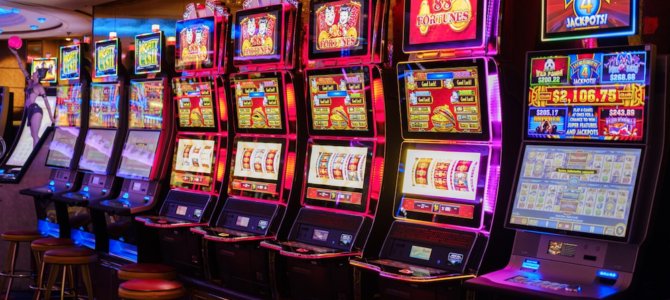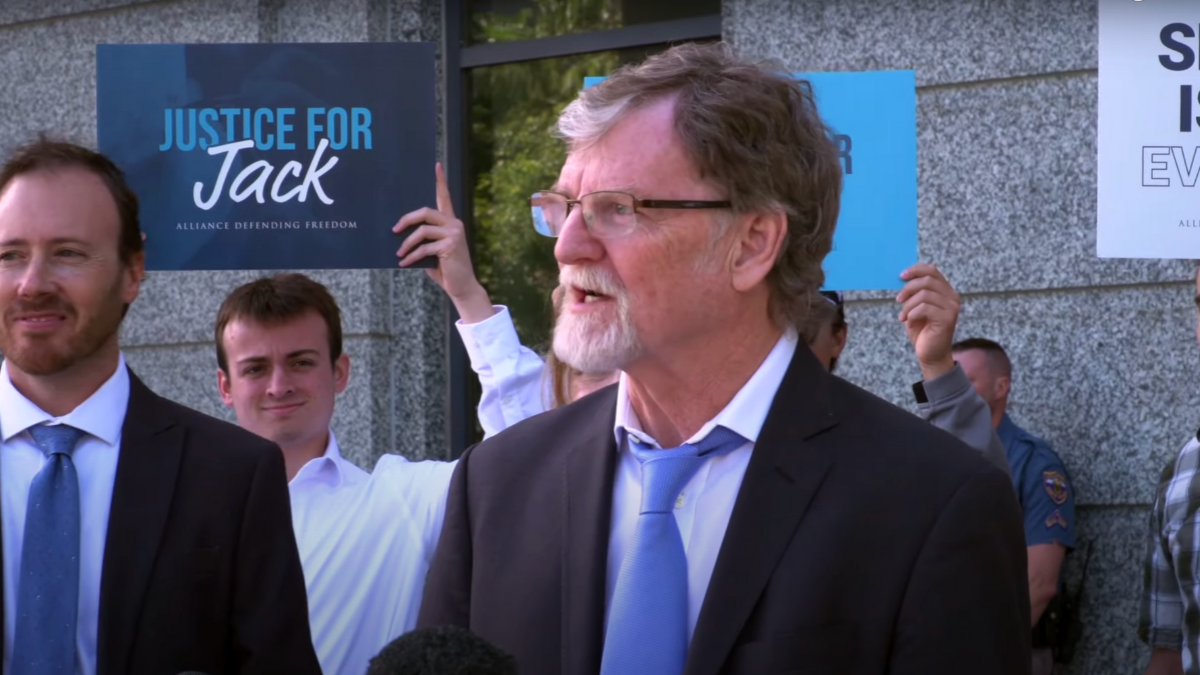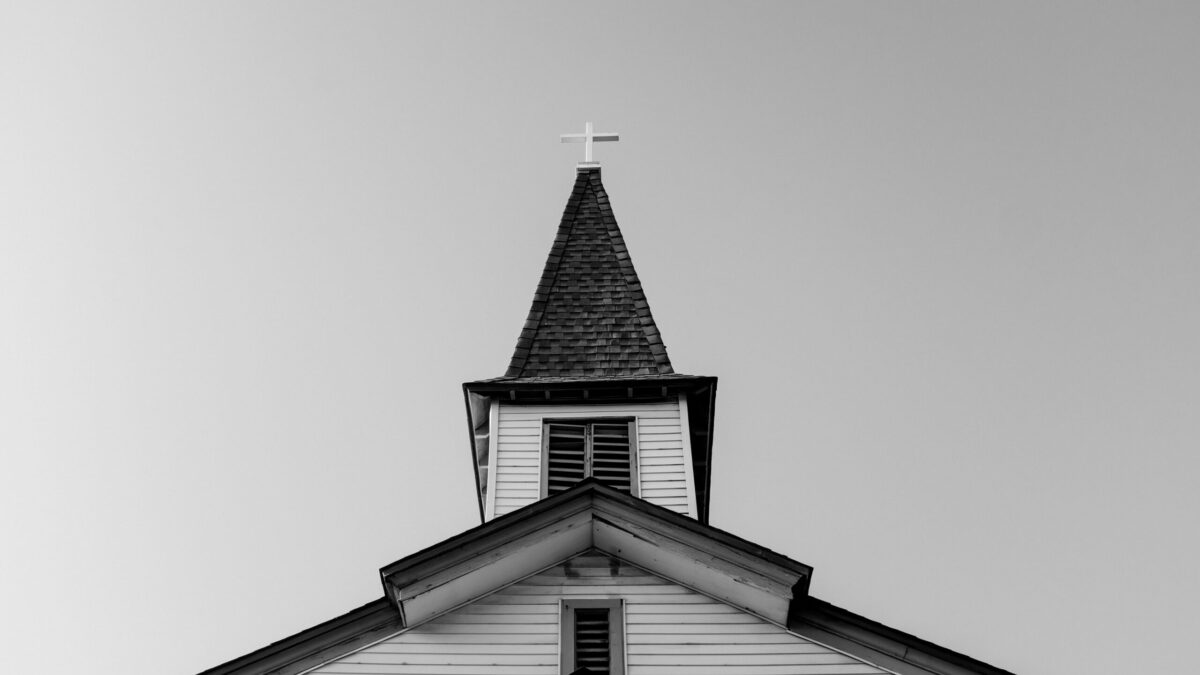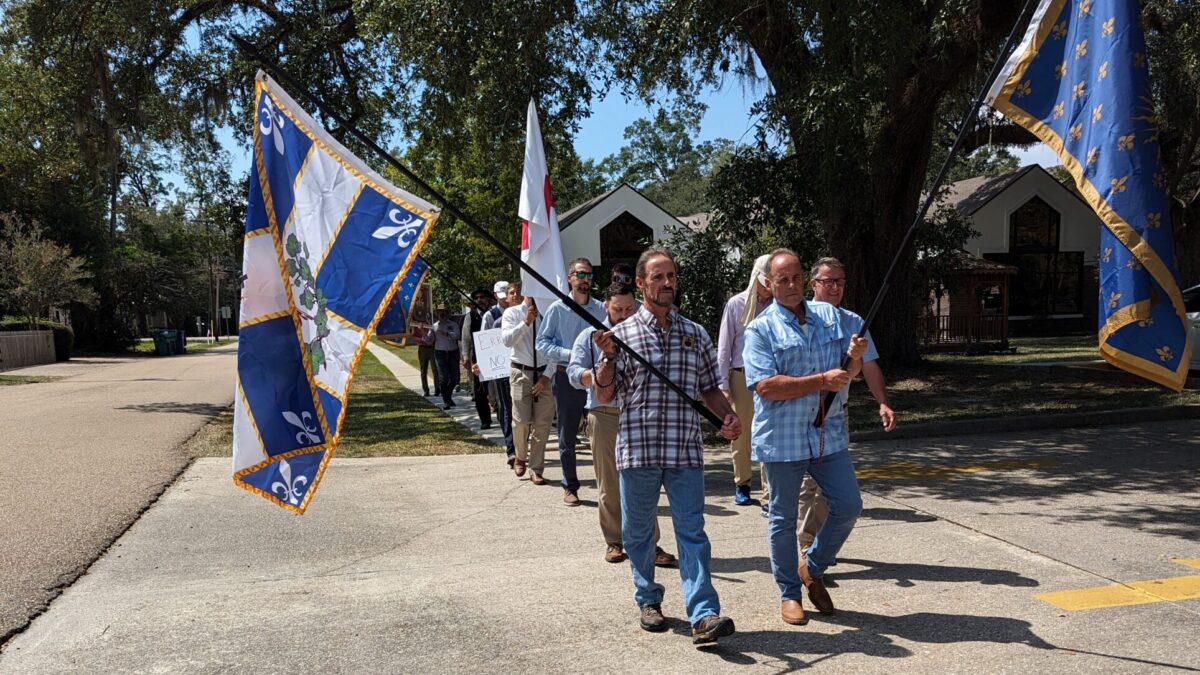
All four gospels record that the Roman soldiers who crucified Jesus cast lots for his clothing. This was not the last time government agents were more interested in gambling than God. The latest instance is in Nevada, where the state government has granted casinos special privileges denied to churches. Casinos are allowed to operate at half-capacity, while churches are restricted to a hard cap of 50 people, no matter their capacity.
When this double standard was challenged in court, Supreme Court Chief Justice John Roberts joined the leftists in allowing it, at least for the time being. Roberts presumably based this holding on his previously stated reluctance to involve the court in managing the public health response to the Chinese coronavirus, which has killed more than 150,000 Americans.
As the dissenting justices pointed out, however, no one was asking the Supreme Court to dictate public health measures, nor to exempt churches from them. Nevada could still have crafted public health measures as it saw fit, provided it did not favor slot machines over the sacraments.
“In Nevada, it seems, it is better to be in entertainment than religion,” Justice Neil Gorsuch noted in his brief but fiery 165-word dissent. “[T]he First Amendment prohibits such obvious discrimination against the exercise of religion. The world we inhabit today, with a pandemic upon us, poses unusual challenges. But there is no world in which the Constitution permits Nevada to favor Caesars Palace over Calvary Chapel.”
A Public Health Facade
This is an obvious point, yet the church’s plea for equal rights for the cross and the casino infuriated some on the legal left, such as Linda Greenhouse of The New York Times. Perhaps the most influential legal columnist in the country, she disdainfully professes to be “startled … to see Justices Samuel Alito, Brett Kavanaugh, Neil Gorsuch, and Clarence Thomas vote to turn a public health issue into a religious crusade.” In her view, only anti-science religious fanatics would object to the government elevating casinos over churches.
But Greenhouse herself debunks the argument that public health concerns dictated the state’s position. Greenhouse said to “assume that opening the casinos was a political and economic necessity for the state,” which is to say, the disparate treatment of churches and casinos (and large protests, which Nevada’s governor joined) is about politics and money, not public health. This unequal restriction on churches is just another of the left’s efforts to restrict religious liberty, and Roberts fell for it.
In Greenhouse’s view, politics and money — even the politics and money of gambling — are essential, whereas religious worship and practice are optional. More broadly, she believes that requiring the government to meet strict standards when it intrudes on religious liberty is to “elevate religious interests over those of secular society.” In her view, religious believers, especially conservative Christians, have no rights that a secular government is bound to respect in pursuing its goals.
Religion as an Obstacle to Leftism
This radical view, which now dominates the Democratic Party, also motivates Greenhouse’s discussion of two recent religious liberty decisions. She describes the Little Sisters of the Poor case as one in which “religious employers won the right to withhold from female employees the contraception coverage to which federal law entitled them.”
In truth, the Obamacare contraception mandate is not a creation of Congress, which would never have passed a law requiring nuns to fund and facilitate abortifacients and birth control. Rather, it was a regulatory add-on by the Obama administration, which the Trump administration subsequently modified to accommodate conscientious objectors.
Of course, the nuns ought to have their right to religious liberty vindicated even against a law passed by Congress, which is constitutionally barred from infringing on the free exercise of religion. Nonetheless, it is telling that Greenhouse deceives her readers about the reality of the latest case, which was about state-level Democrats trying to stop the current administration from modifying an Obama-era regulation.
Greenhouse also complains that religious schools have gained a “broad exemption from the anti-discrimination laws that would otherwise protect classroom teachers.” Well, yes. The alternative is to have the federal government interfere with the hiring and firing of those employed by religious institutions to teach and model religious beliefs and practices.
Although Greenhouse might wish for federal regulation of religious teachers, in America the government bears the burden of proof when it wants to restrict religious belief and practice. When this tradition was threatened by the late Justice Antonin Scalia’s greatest mistake, the Smith decision, an overwhelming bipartisan consensus led to the passage of the Religious Freedom Restoration Act, which requires the federal government to meet a high standard of justification to infringe on religious belief.
Times have changed, and Democrats are less enthusiastic about religious liberty than they were back in the ’90s. They might talk a great deal about diversity, but they are enraged when religious dissenters and nonconformists impede the left’s attempts to impose its moral and metaphysical beliefs on the rest of us.
Future of Religious Freedom if the Court Folds
Fortunately, the federal courts have so far largely protected religious believers from increasingly aggressive challenges to our liberties. Greenhouse’s column, however, is an instructive example of some of what awaits us if the courts cease to guard our rights.
First, unelected bureaucrats will be able to require religious believers to act contrary to their faith, regardless of whether the government has a compelling interest in doing so or could choose a less-burdensome alternative. There are, after all, many ways for the government to fund and facilitate contraception without dragooning nuns into the process, but the Democrats have been fanatical about the point. It is a matter of principle for them to force nuns to bend the knee. A Biden administration will resume the war on the Little Sisters of the Poor.
Second, the government will be able to interfere in employment decisions by religious ministries, schools, and other faith-based institutions, including in cases about those who are hired to teach the faith in word and deed. Indeed, the Obama administration even argued the federal government should be able to regulate the hiring and firing of religious ministers. Although they were rebuffed, it is clear leftists still dream of government control over who churches and other religious institutions employ.
Finally, state and local governments will be allowed to discriminate against churches for political and economic reasons in a whole host of new contexts. As Greenhouse admits, political and economic reasons, rather than public health considerations, are why Nevada has favored casinos over churches. Unfortunately, Roberts and the court’s leftists allowed this to stand. If this continues, we can expect the left to use more spurious public health arguments to try to reduce Christians to second-class citizens.
We are months past the point where such double standards can be charitably excused as honest mistakes during a sudden pandemic. The Supreme Court has no excuse for allowing Nevada officials to use a public health crisis to fill poker tables while emptying pews.









